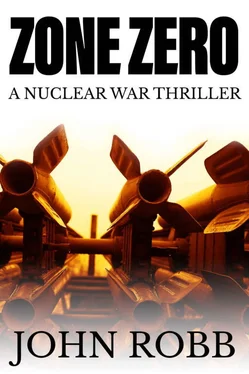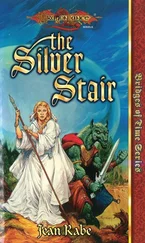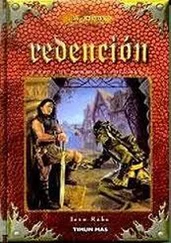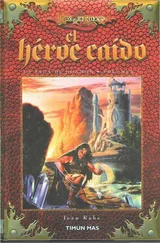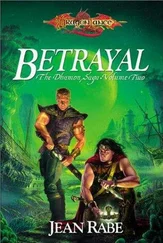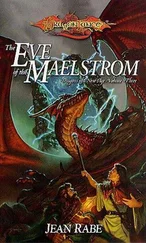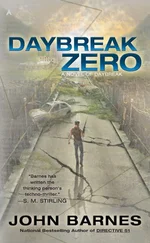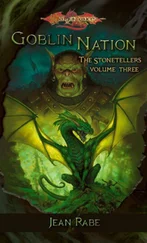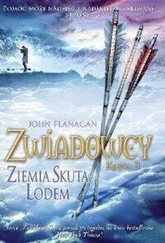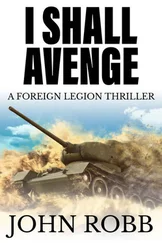None of them had slept much. Sleep had been almost out of the question since their lieutenant had told them why the fort had been seized.
Told them, too, of the part that had been planned for them…
They were a normal cross-section of soldiers that defeated garrison. There were fools among them. And those who were not so foolish. Cheats and liars were there. And they rubbed shoulders with men who observed simple standards of honour. There were a few bullies. But most possessed a crude type of gentility.
In fact, despite their varying nationalities, they were much the same as any other normal group of people on any other part of the Earth.
Except for one dominating emotion.
All of them were afraid. Very afraid. The dread of the future delved deep into their souls. But most of them managed to disguise the fact. Most conquered the moral paralysis.
Sergeant Vogel, for example.
Vogel had spent the night twisting on his bed because his dress cape—still on his shoulders when he had been seized—had formed into a hard ball beneath the small of his back. When he turned on to his stomach the material contrived to move with him. So he returned to the orthodox position. And there, as he shuffled, he thought.
Sergeant Vogel was an avid reader. He was the sort of person who consumes literature in the same way that a drunkard imbibes alcohol. He did so with fierce enthusiasm and absolutely no discrimination. It was not unusual for him to be seen reading a tattered American pulp magazine one day, and a complex work on international currency variations on the next. That Vogel did not properly understand much of what he read was of little importance to him, since he was unaware of the fact. He firmly believed that he understood everything he read, and he was happy in that belief.
He had brought a large supply of literature with him from Tala Baku. It was the harvest of many days spent at the market stalls there. He had secured half a dozen ancient editions of Weirdly Horrible Yarns , published in the American idiom and therefore to be construed with some difficulty by Vogel. He also possessed a copy of Einstein’s The Evolution of Physics , in a Dutch translation. He had been looking forward keenly to studying this. Then there was a long complete novelette entitled The Romance of Lottie Dene , and Doctor Johnson’s philosophical diatribe Rasselas .
By which examples, the catholic nature of Vogel’s taste may be judged.
But it was none of these works which had been on his mind during the night.
It was a book he had read months earlier which arose in his memory as he twisted and turned.
The title was A Treatise on the Elements of Atomic Power . It contained many pages of advanced mathematical calculations which Vogel had studied laboriously and with an absolute lack of comprehension. But he clearly recalled some sections of the text. And particularly one paragraph dealing with the potentialities of the hydrogen bomb.
“The hydrogen bomb,” the author had explained, “is an explosion resulting from the thermo-nuclear release of energy when hydrogen nuclei are condensed into helium nuclei.”
This had been impressively meaningless to Vogel—like the clash of tom-toms at a primitive tribal ceremony.
But the continuing sentence had been clear enough. It said:
“This explosion is similar to the continuing reaction in the sun and other stars. On earth it can result from the triggering of the hydrogen bomb by an ordinary atom bomb.”
In other words, the explosion due near the Sanna Oasis would produce the heat of the sun in the immediate area!
Vogel understood the necessity for evacuating the whole of Zone Zero, save for the security troops, who would be under protective cover. He understood, too, all living matter left in Fort Ney would be baked alive in addition to being riddled with gamma rays.
As the daylight became stronger, Vogel came to a decision.
“I will kill myself before I let that happen to me,” he muttered.
* * *
Legionnaire Keith Tragarth lay on his side, watching the gathering light. He thought: “It’s going to be a hell of a way to die…”
And he wondered whether it would not have been better if he had been killed years ago, when he was a corporal in a British armoured regiment.
His mind roved back in time.
And as it did so, it revealed anew the festering shame which was always with him.
It was not a very unusual story. But, Keith told himself, it was a squalid one.
When, exactly, had he decided that he would ultimately desert from his regiment? Whenever Keith asked himself that question, he could not be sure of the answer.
Perhaps the decision came during the ghastly battle for Caen, soon after D-Day. During those days, when the British and Canadians were engaging the entire weight of the German Panzer divisions, so that the Americans would be able to deploy on the right towards the vital port of Cherbourg.
He had been jittery all through the battle, and his tank crew had noticed it. But they had not said anything. They had even pretended not to know that he had mis-taken a visual signal—and nearly landed the whole squadron into a minefield.
It had been the same months later, soon after they had crossed the Rhine. He had made more mistakes and only the quickness of a junior officer had saved them from disaster. A severe reprimand from the colonel had followed. Perhaps it was then that he decided to desert.
The colonel had not known (he could not have beer expected to know) of the persistent sensation of tension which Keith had been experiencing. Of his inability to sleep, even when resting behind the lines. Of the times when—without any apparent reason—he broke into deep sweats. Of the desire to go to some quiet place and weep like a child…
In fact, although Keith himself had not known it, he was suffering all the symptoms of battle-fatigue. It was not unnatural, since he had been in almost continuous action since the breakthrough more than two years before, at Alamein.
Keith ran away when his armoured division was rolling towards its assembly area prior to a drive beyond Lubeck.
There had been nothing dramatic about it. He was not even in any particular danger at the time. He had simply taken advantage of a night-time refuelling stop to walk off.
He had done so because he could not face the coming battle. His nerves simply would not endure again the ghastly and evil music of death.
For weeks he walked westward, resting by day in woods and barns and eating only raw vegetables plucked from the land. Sometimes he saw motorised columns of Allied troops rumbling east—ever east. And he turned his face away in shame.
And all the while his soul craved only one thing— peace.
But he never found peace.
Not when (by describing himself as a refugee) he found farm work in the department of Loiret, in central France.
Not when he watched the peasants celebrating with wine and song the end of the war in Europe.
Always he was seeing the faces of the comrades he had deserted. Those ghost-like faces tortured him.
Which of them had died in the battle for Lubeck?
Which of them survived to see England again?
Was there always a strained and embarrassed silence whenever his name was mentioned?
Perhaps in some English inn one of his old comrades would say: “Keith wasn’t a bad chap—pity he was yellow…”
Or maybe someone who was less generous commented: “Keith Tragarth never had any guts. I remember he was so scared once that he nearly took us into a mine-field…”
He had not dared to return to England. Not even when the general amnesty for deserters was announced. He knew that if he did so the old and disgraceful story would be resurrected. It would reflect upon his family in their little village in Devon. And he himself would see the averted faces, the false courtesy. He would know what they were saying when he was out of earshot.
Читать дальше
